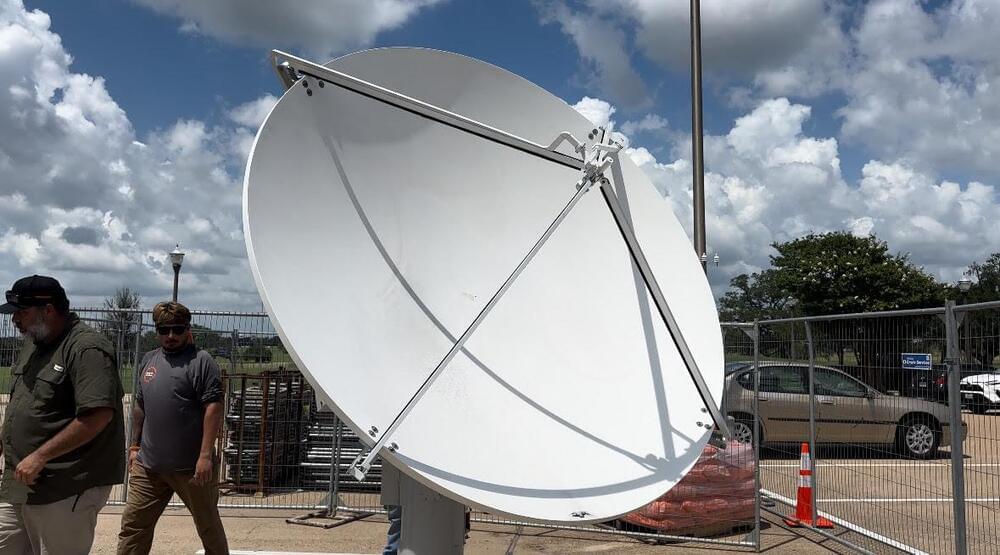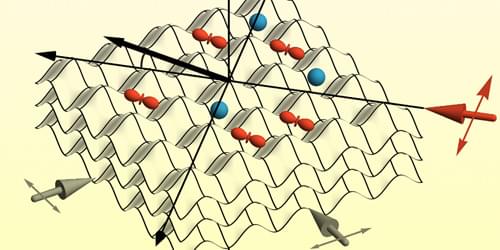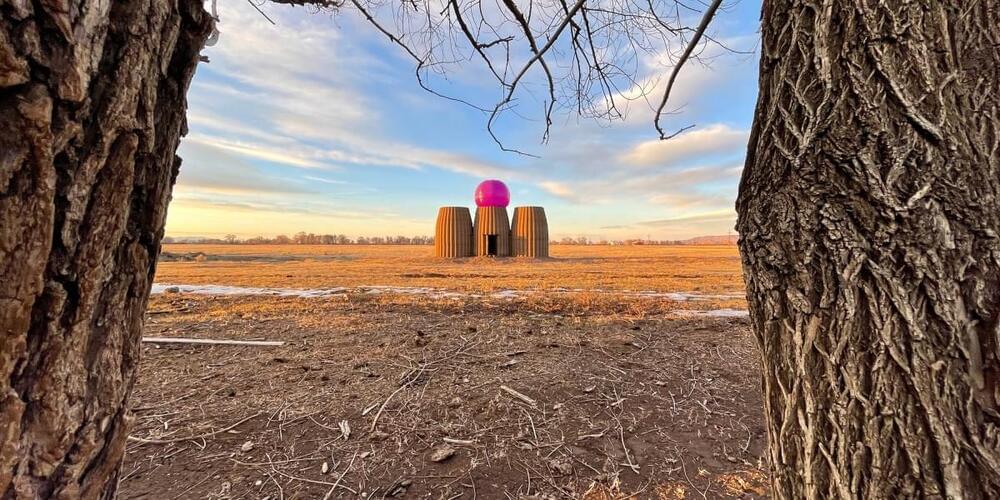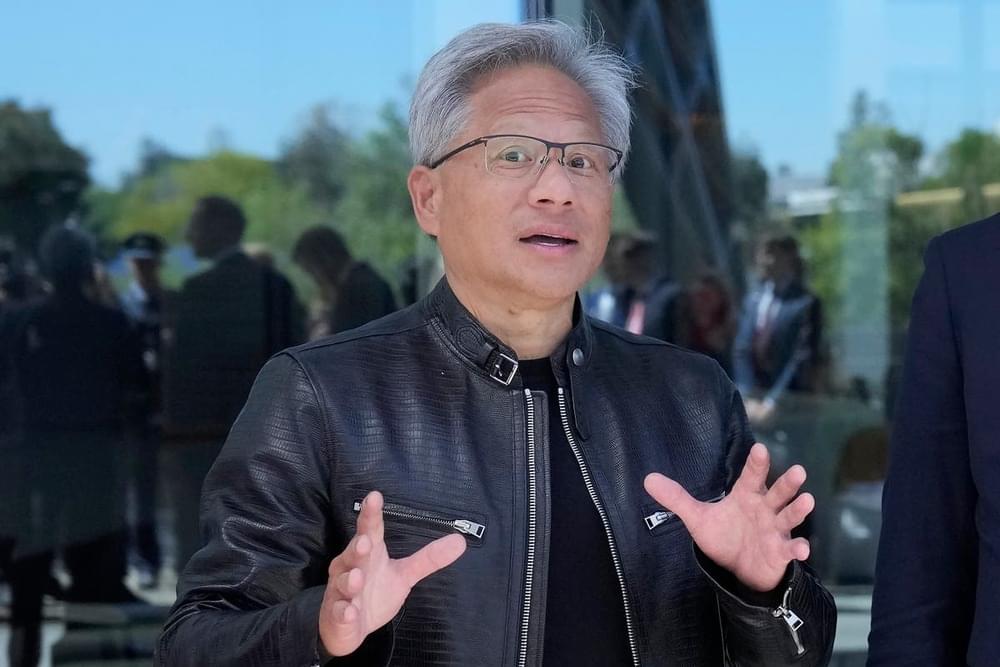Wil it be worth it?
Amazon is working on a higher, more-advanced tier of Alexa for which it may charge as much as $10 per month.

Scientists are using bovine genes to produce cow-free milk with original taste and nutrition:
Engineers are using bovine genes in yeasts and plants to create cow-free milk with the same taste and nutrition.



Pauly, R., Johnson, L., Feltus, F.A. et al. Enrichment of a subset of Neanderthal polymorphisms in autistic probands and siblings. Mol Psychiatry (2024). https://doi.org/10.1038/s41380-024-02593-7


Ronald Rael and Virginia San Fratello may have met as graduate students in architecture at Columbia University, but it quickly became clear that “architecture” would prove an inadequate term to describe their eclectic body of work.
As the pair started working together in 2002, they became increasingly aware that “sometimes the forces that enable architecture, chiefly capitalism, can corrupt the architect’s social agenda,” Rael says. “This became the impetus to rethink how and why architecture should be created.”

Paleontologists in South Africa said they have found the oldest known burial site in the world, containing remains of a small-brained distant relative of humans previously thought incapable of complex behavior.
Led by renowned paleoanthropologist Lee Berger, researchers said in 2023 they had discovered several specimens of Homo naledi – a tree-climbing, Stone Age hominid – buried about 30 meters (100 feet) underground in a cave system within the Cradle of Humankind, a UNESCO world heritage site near Johannesburg.
“These are the most ancient interments yet recorded in the hominin record, earlier than evidence of Homo sapiens interments by at least 100,000 years,” the scientists wrote in a series of preprint papers published in eLife.

The researchers state that HumanPlus needs 40 hours of human movement data to learn a task and then carry it out step by step. Moreover, it can shadow humans using its camera and then reproduce the actions in real-time.
The humanoid has been built with Unitree’s H1 robot as a base with hands from Inspire-Robots and wrists from another company. The final specimen is five feet nine inches tall.
Another unique aspect of the robot is that its design is open source, which means its functionality can be changed as needed in the future.